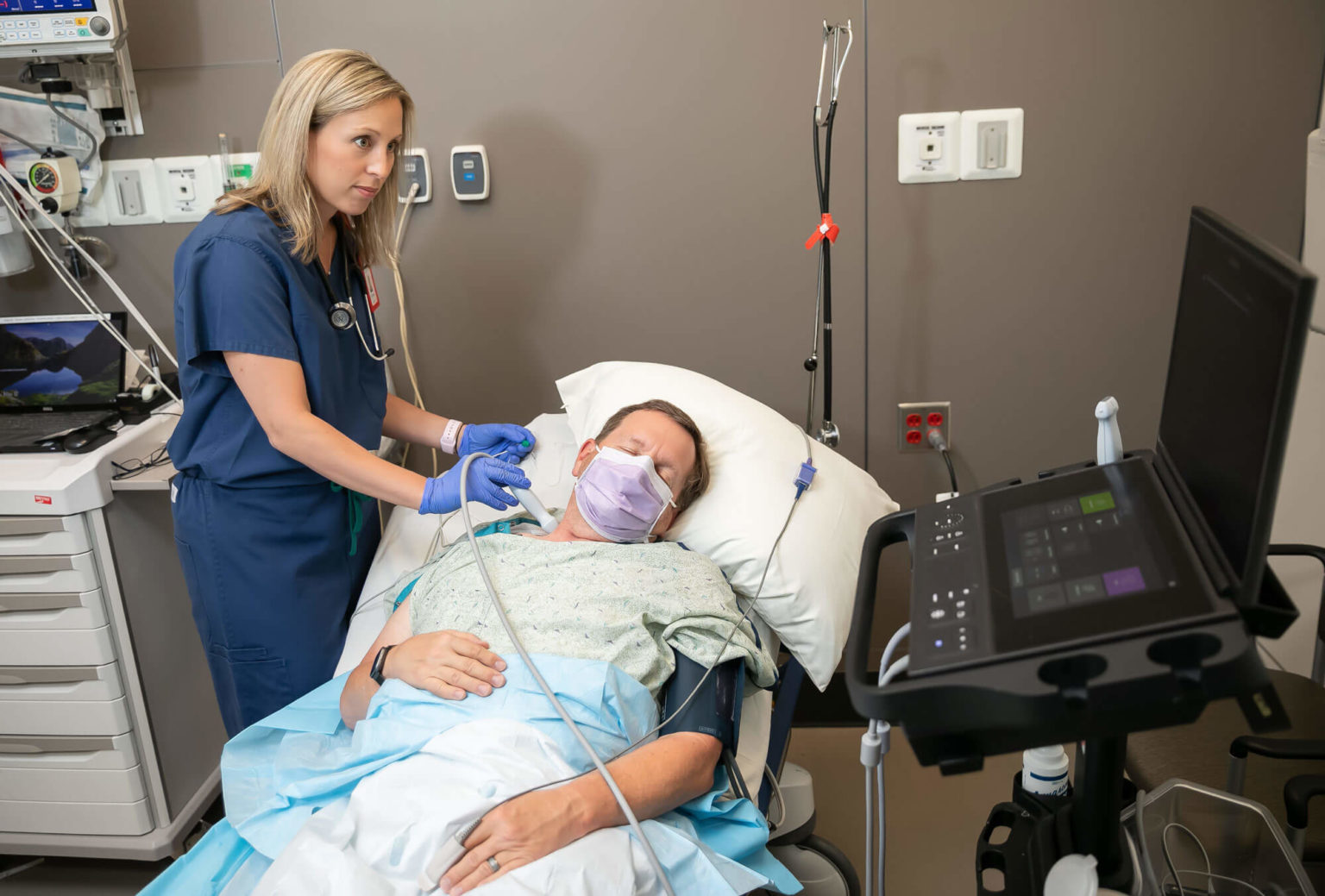
Getting ready doesn’t begin the night before.
It starts with the first surgical discussion.
Your doctor will outline every step.
But what you do in advance matters more.
The stronger and clearer your body is, the better.
And preparation is physical, mental, and logistical.
You may be asked to lose weight.
Or strengthen the muscles around the joint.
Even a few minutes of movement daily helps.
You’ll also need pre-op testing.
Bloodwork, ECG, and sometimes imaging.
These results help guide the safest approach.
If you have medical conditions, adjustments may be needed.
Diabetics must manage blood sugar tightly.
People with heart issues may need clearance first.
Lung problems also require extra review.
Your team may include more than one specialist.
Coordination prevents surprises on surgery day.
What You Do in Advance Matters More
Share your complete medication list.
This includes supplements and over-the-counter drugs.
Some may need to be stopped.
Especially blood thinners, anti-inflammatories, or herbal blends.
Your surgeon will explain the timing.
Don’t adjust doses without approval.
Talk about allergies, even mild ones.
Reactions to latex, tape, or antibiotics matter.
Your surgical team needs to know early.
So alternatives can be arranged safely.
Bring written lists if memory feels uncertain.
Details prevent errors that can complicate healing.
If you smoke, try to stop early.
Smoking delays healing and increases risks.
Even a short break improves recovery.
Ask your doctor for quitting resources.
It’s a hard step but a helpful one.
Your lungs and incision site both benefit.
Even a Short Break Improves Recovery
Ask about pain management now, not later.
Understand which meds are planned and when.
Some options begin before surgery.
You may be given anti-nausea pills too.
Ask about potential side effects.
Everyone reacts differently to pain relief.
Some centers offer prehab programs.
These are exercises done before surgery.
They focus on strengthening and flexibility.
Prehab speeds up post-op recovery.
Ask your doctor if you qualify.
Starting stronger makes healing smoother later.
Plan for your return home.
Will you need crutches, a walker, or toilet risers?
Order supplies early.
Test them before surgery if possible.
Rearrange furniture to clear walking paths.
Move essentials within easy reach.
Test Them Before Surgery If Possible
Stock your fridge and pantry.
Choose foods that are easy to prepare.
Include high-protein options for healing.
Frozen meals help when energy runs low.
So do snacks that don’t require cooking.
Hydration is just as important.
Consider stocking items like gauze, ointments, and bandages.
These may be needed for incision care.
Pharmacies may not be convenient afterward.
Also buy ice packs or gel wraps.
Cold helps reduce swelling after surgery.
Prepare while mobility is still easy.
Ask someone to stay with you after surgery.
At least for the first few days.
You’ll need help with bathing, dressing, and movement.
Don’t wait to coordinate support.
Make a list of who can help when.
Spread tasks among friends or family.
You’ll Need Help With Bathing, Dressing, and Movement
Arrange for time off work.
Even desk jobs require time to recover.
Ask your doctor for written documentation.
Inform your employer early.
Healing on a schedule rarely works.
Flexibility helps manage expectations.
Look at your insurance coverage in advance.
Check what’s included and what’s not.
Ask about physical therapy sessions.
And equipment coverage like walkers or braces.
Surprise bills add stress later.
Knowing now helps prevent confusion.
Practice getting in and out of bed.
Try it with one leg supported.
Test how you’d manage stairs or steps.
Walk with assistive devices before you need them.
Confidence comes from familiarity, not theory.
Practice eases fear when pain makes thinking hard.
Confidence Comes From Familiarity, Not Theory
Prepare your skin, not just your muscles.
You may be asked to shower with antibacterial soap.
Some surgeons provide a special cleanser.
This reduces infection risk during surgery.
Avoid cuts or shaving near the surgical area.
Healthy skin helps post-op healing.
Clip nails and remove polish before surgery.
Doctors check nail beds for oxygenation.
Leave jewelry at home completely.
Even rings can interfere with swelling.
Keep everything simple, safe, and clean.
It helps the team work faster and smarter.
Clean your home before surgery.
Dust. Vacuum. Wash sheets.
You won’t want to do it after.
Make the space calm and clear.
It helps mentally and physically.
And it limits post-op complications.
Make the Space Calm and Clear
Pack a hospital bag.
Include your ID, medication list, and loose clothing.
Don’t forget phone chargers.
Leave valuables at home.
Bring slip-resistant shoes or socks.
Comfort becomes more important than fashion.
Consider bringing headphones or a book.
You may wait before the procedure starts.
A calm distraction helps with anxiety.
Also bring lip balm and lotion.
Hospitals can feel dry and cold.
Small comforts make a big difference.
Eat a light meal the night before.
Follow fasting instructions exactly.
Some medications can be taken with a sip of water.
Your team will tell you which ones.
Avoid alcohol before surgery.
Hydration without bloating is key.
Hydration Without Bloating Is Key
Ask what to expect on surgery day.
Arrival time. Prep steps. Anesthesia details.
This reduces surprise and fear.
You won’t remember everything later.
Write down what they say.
Bring that paper with you.
Expect to change into a gown.
You’ll remove all clothes and personal items.
A nurse may insert an IV line.
Blood pressure and temperature will be checked.
You’ll speak to anesthesia and surgical staff.
Then you’ll wait for your turn.
Know that surgery rarely starts right on time.
Delays are common but not harmful.
The surgical team may be finishing another case.
Or reviewing your last-minute labs.
Bring patience with your belongings.
It matters more than you expect.
